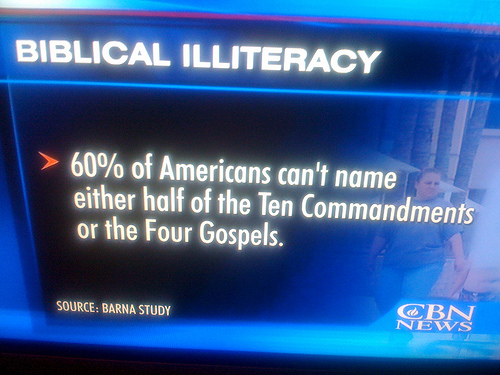
Many pastors and church leaders are alarmed at numerous studies that frequently come out about a growing epidemic of biblical illiteracy in modern Christianity. While many people (even church goers) are generally familiar with the stories of Adam and Eve, Noah, Moses, and Jesus, few people can locate these stories in the Bible, and fewer still can accurately recall most of the details and events within the stories.
Questioning the Studies
Frankly, I’m not sure these studies are accurate, since up until the last one hundred years or so, the majority of the population of the world was unable to read or write. Since this is so, how does someone today determine the biblical knowledge of someone from the past? Could it be that these studies are actually comparing the average person in the pew today with the scholars and pastors of the past? If so, the comparison is hardly fair.
But whether the studies are accurate or not, the issue is still being framed incorrectly.
The Real Problem in Bible Study
The problem is not about how much people know or do not know about the Bible. The problem is what people do with the biblical knowledge they have, whether it is little or a lot. In other words, some people know very little about the Bible, and others know quite a lot, but in both cases, their lives look about the same. Since this is so, those who have no time for reading and learning the Bible see that the lives of the Bible scholars and pastors do not seem to be that much better, and have decided that gaining more Bible knowledge doesn’t matter.


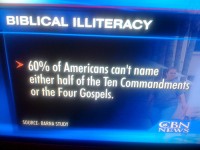


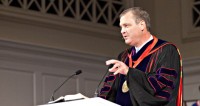
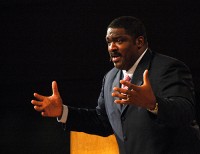
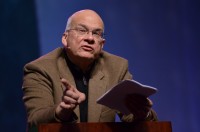




 Have you ever been in a church where a leader quoted 2 Timothy 4:3-4, and then proceeded to show why most other churches are heretical or spiritually immature because they cannot endure sound doctrine, but instead, heap up for themselves teachers who give them what their itching ears want to hear?
Have you ever been in a church where a leader quoted 2 Timothy 4:3-4, and then proceeded to show why most other churches are heretical or spiritually immature because they cannot endure sound doctrine, but instead, heap up for themselves teachers who give them what their itching ears want to hear?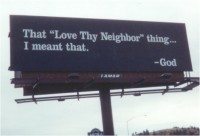



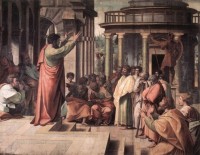
 Yesterday, we looked at the
Yesterday, we looked at the 

